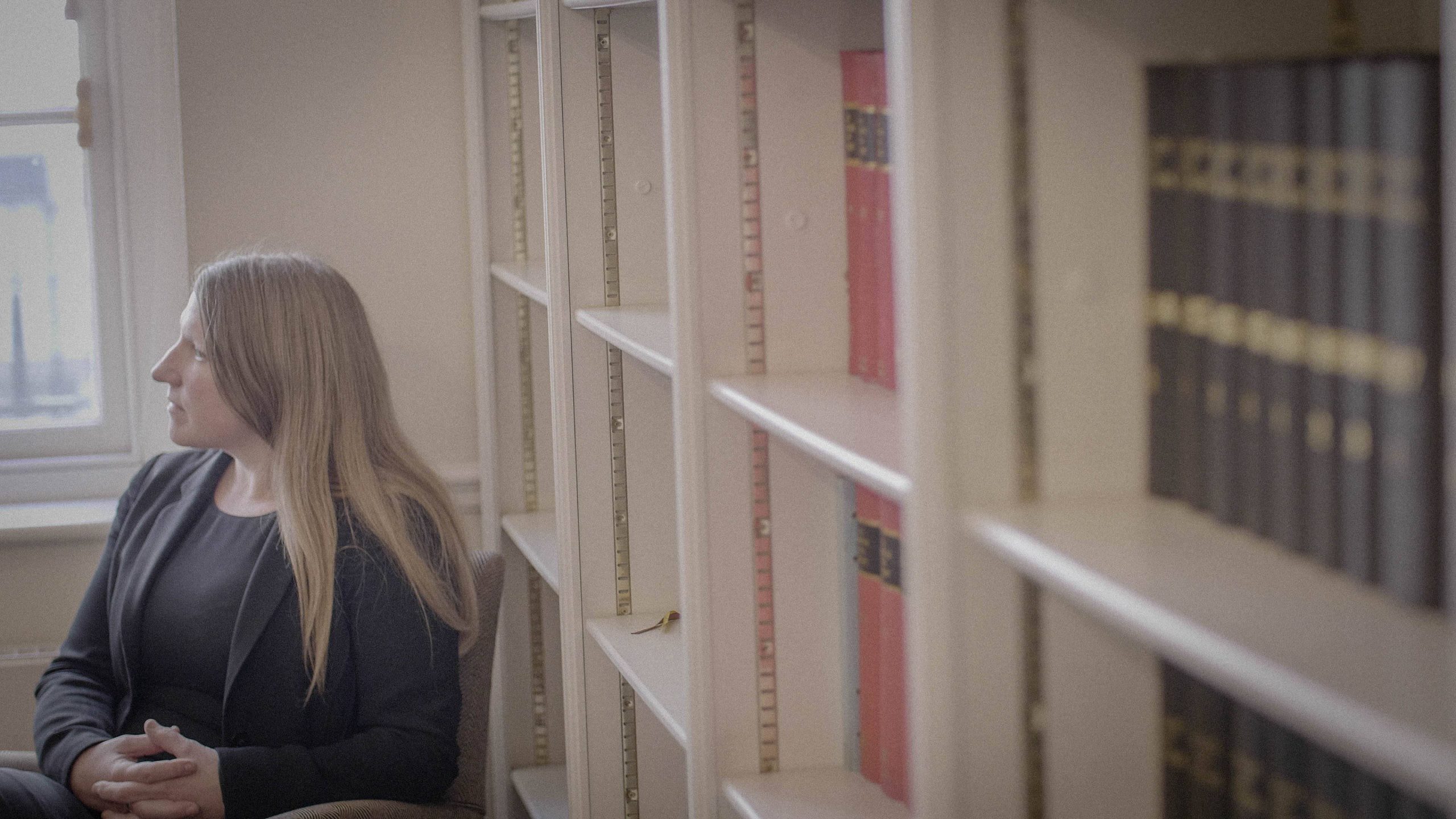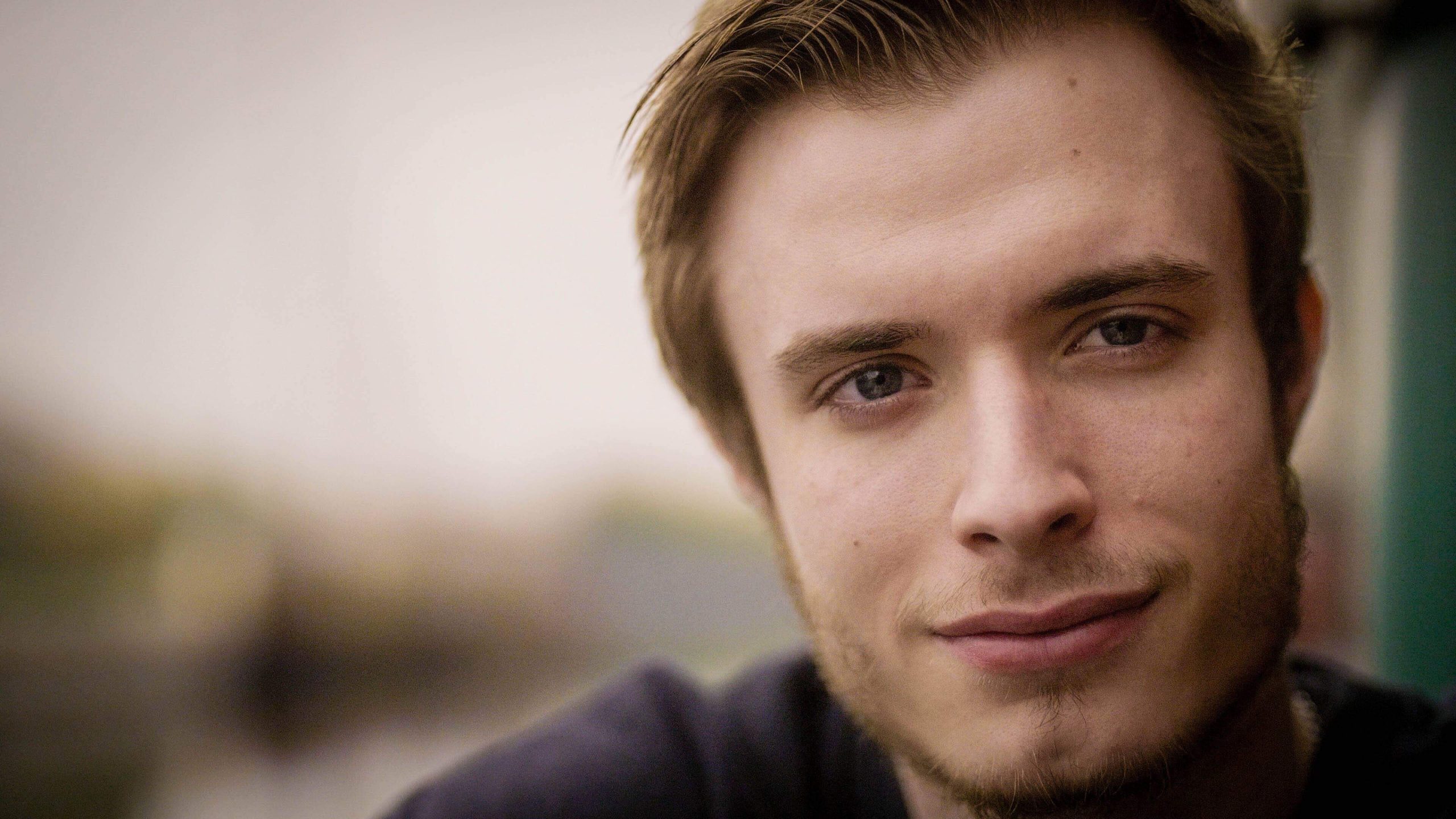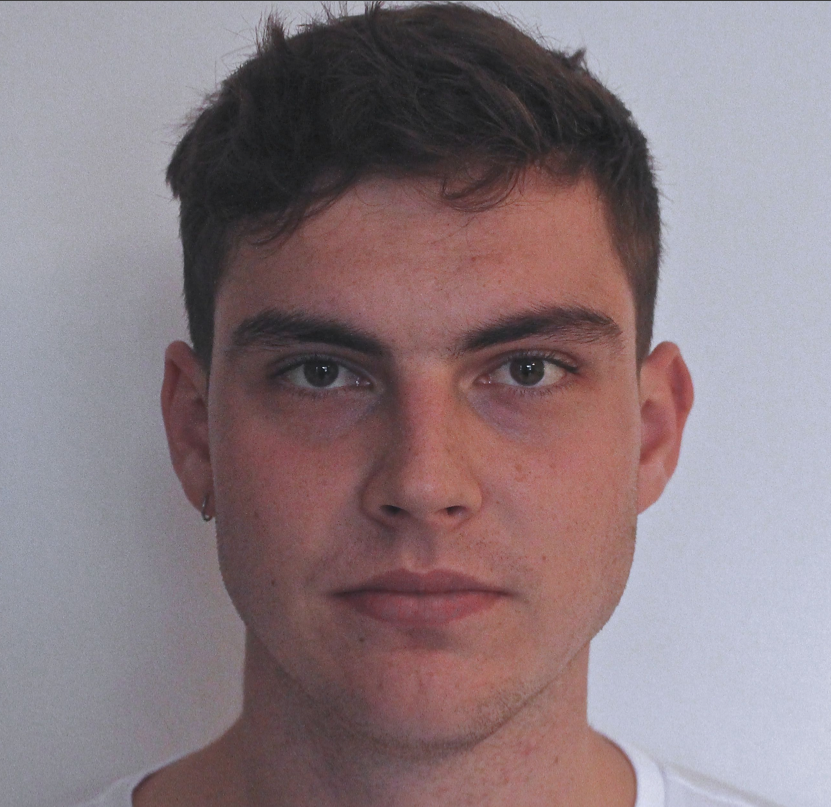Over the last few years, my eyes have been opened to a world that I didn’t think existed. I have become aware that people sometimes go to prison for crimes they didn’t commit. I had thought that that was a horror confined to the US criminal justice system. Calum McCrae explains why he made the UNJUST podcast
From American crime documentaries like Netflix’s Staircase to the groundbreaking Making a Murderer, you might think such stories were exclusive to the US. Of course, on this side of the Atlantic we have hardly been averse to sending innocent people to prison in the past – for example, the Birmingham 6, Guildford 4, the Cardiff 3 etc.
I had the opportunity to work with a university Innocence Project in my third year of studying law. An experience that challenged my naïve belief that we had moved beyond the ‘bad old days’. The Justice Gap was a constant source of reading for me, and I started writing for the site when I met its editor Jon Robins at the inaugural all party parliamentary group on Miscarriages of Justice. I was then constantly having conversations about these stories with friends and fellow students who were, like me, ignorant of the reality of wrongful convictions in the UK.
Hence, this podcast. I have spent the summer in the US working with the California Innocence Project and have seen the positive effect of documentaries and podcasts on the public’s perception of the limitations of our justice system.
We decided that this pilot should focus on the number one cause of miscarriages (according to the Criminal Cases Review Commission’s 2017 annual report) and the most topical, disclosure. In a criminal case, when information or evidence that is vital to understanding the whole picture is never disclosed to the defence, we risk sending innocent people to prison. No case has gained as much traction as Liam Allan’s. He became the unwilling face of this crisis in the crown courts when his case collapsed at the eleventh hour after new evidence, which the police and prosecution had available from the start (two years prior), finally emerged proving he was innocent of all charges.
-
Liam Allan is campaigning to educate the public and raise awareness that wrongful convictions do happen thr0ugh a project called the Innovation of Justice. The initiative is being run by Allan together with Professor Claire McGourley, of Manchester University, and Annie Brodie Akers who runs the Miscarriage of Justice Awareness Society at Sheffield University.
-
The first of a series of events is being held at Manchester on November 24 here.
-
You can make a donation here.
 I also spoke to Michael O’Brien of the so-called ‘Cardiff Newsagent Three’ to help me understand the horror of serving a wrongful conviction. It was thirty years ago this year, that he and his co-defendants were robbed of 11 years of their life and they still live with the damage done.
I also spoke to Michael O’Brien of the so-called ‘Cardiff Newsagent Three’ to help me understand the horror of serving a wrongful conviction. It was thirty years ago this year, that he and his co-defendants were robbed of 11 years of their life and they still live with the damage done.
Liam’s lawyer Julia Smart (above) told us about her experience of dealing with disclosure issues. We also spoke to the barrister Maya Chopra, who gave us a look into the crisis at Magistrates level. Solicitor Danielle Reece-Greenhalgh gave us some insight into the challenges ahead.
Have a listen. Let us know what you think. You can listen wherever you download your podcasts by searching for ‘Un:Just’ or via the link below. Please rate and leave feedback on iTunes or spotify.
This is a pilot episode. We would like to do more (for example, shaken baby syndrome or joint enterprise). Contact me directly calum.justicegap@gmail.com or Jon (jon@thejusticegap.com).







